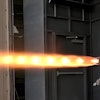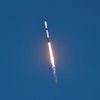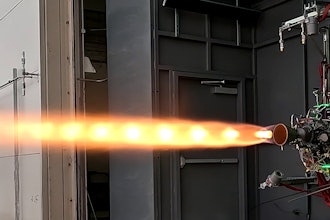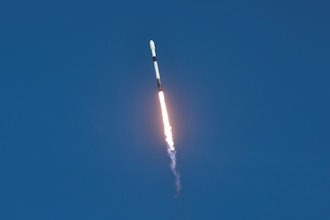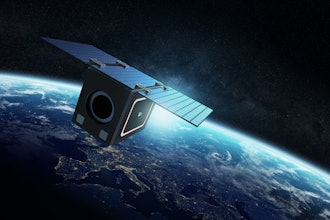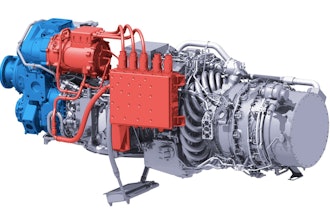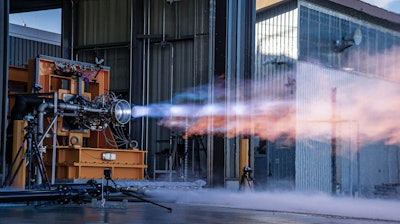
Interstellar Technologies (IST), a space infrastructure company, has reached a new milestone with the completion of a static fire test for its small satellite launch vehicle, ZERO, powered by Liquid Biomethane (LBM).
The test was held at Hokkaido Spaceport’s (HOSPO) ‘Launch Complex-0 (LC-0)’ in Taiki, Hokkaido, and showcased the potential of biomethane as a sustainable rocket fuel. This milestone follows the success of the European Space Agency’s (ESA) development of a rocket engine using LBM, and represents a world-first for a private rocket company.
The combustion chamber of ZERO, designed in-house, adopts the pintle injector utilized in SpaceX’s (USA) engines. Although pintle injectors are generally known to have limited performance, research and development efforts with Tokyo University and JAXA Space Innovation through Partnership and Co-creation (J-SPARC) have led to design improvements that achieve high combustion performance. As a result, the number of components has been reduced to one-tenth of conventional engines, fundamentally lowering the manufacturing costs of a rocket engine, estimated to constitute half of the overall expenses.
This series of static fire tests will advance the development and manufacturing of a 130kN-class operational model based on the knowledge gained from the design, manufacturing, and testingprocess of a 60kN-class subscale model.

